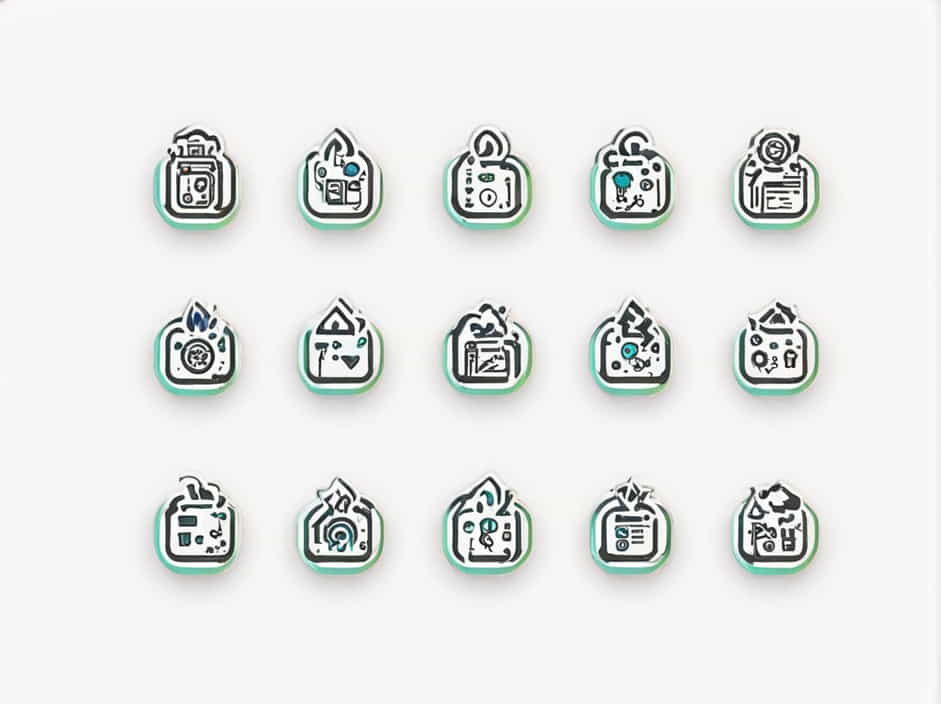Hormones play a crucial role in regulating various physiological processes in the body. These chemical messengers influence metabolism, growth, mood, and overall health. Understanding hormones helps us appreciate how the body maintains balance and responds to internal and external changes.
This topic explores the fantastical world of hormones, their functions, types, and answers to common questions related to hormone regulation.
1. What Are Hormones?
Hormones are chemical substances produced by endocrine glands and transported through the bloodstream to target organs. They control essential functions such as growth, reproduction, metabolism, and stress responses.
Without hormones, the body would struggle to maintain homeostasis, which is the stable internal environment necessary for survival.
2. Major Endocrine Glands and Their Hormones
Several endocrine glands release hormones that regulate bodily functions. Here are the key glands and the hormones they produce:
A. Pituitary Gland – The Master Gland
- Growth Hormone (GH): Stimulates growth and cell reproduction.
- Oxytocin: Triggers labor contractions and milk release.
- Antidiuretic Hormone (ADH): Regulates water balance in the kidneys.
B. Thyroid Gland – Regulator of Metabolism
- Thyroxine (T4) & Triiodothyronine (T3): Control metabolic rate.
- Calcitonin: Lowers calcium levels in the blood.
C. Adrenal Glands – Response to Stress
- Cortisol: Manages stress and immune response.
- Adrenaline (Epinephrine): Prepares the body for fight-or-flight responses.
D. Pancreas – Blood Sugar Control
- Insulin: Lowers blood sugar levels.
- Glucagon: Raises blood sugar levels.
E. Ovaries and Testes – Reproductive Hormones
- Estrogen & Progesterone: Regulate the menstrual cycle and pregnancy.
- Testosterone: Supports muscle growth and male reproductive functions.
Each of these hormones plays a vital role in keeping the body balanced and functioning correctly.
3. Functions of Hormones in the Body
A. Growth and Development
Hormones like growth hormone (GH) and thyroid hormones influence body development from childhood to adulthood.
B. Metabolism Regulation
Thyroid hormones and insulin help maintain energy levels by controlling how the body uses carbohydrates, proteins, and fats.
C. Stress and Mood Management
Cortisol and adrenaline regulate stress responses, while dopamine and serotonin impact mood and emotions.
D. Reproductive Health
Estrogen, progesterone, and testosterone govern puberty, fertility, and sexual characteristics in men and women.
E. Immune System Support
Cortisol plays a dual role in controlling inflammation and supporting immune responses.
These functions show how interconnected hormones are in maintaining overall well-being.
4. Common Hormonal Imbalances and Their Effects
When hormone levels are too high or too low, they can cause health problems. Here are some common hormonal imbalances:
A. Hypothyroidism (Underactive Thyroid)
- Symptoms: Fatigue, weight gain, dry skin.
- Caused by low levels of thyroxine (T4) and triiodothyronine (T3).
B. Hyperthyroidism (Overactive Thyroid)
- Symptoms: Weight loss, anxiety, rapid heartbeat.
- Caused by excessive thyroid hormone production.
C. Diabetes (Blood Sugar Imbalance)
- Symptoms: Increased thirst, frequent urination, fatigue.
- Caused by insulin deficiency or resistance.
D. Adrenal Insufficiency (Low Cortisol Levels)
- Symptoms: Weakness, low blood pressure, nausea.
- Caused by a lack of cortisol production.
E. Polycystic Ovary Syndrome (PCOS)
- Symptoms: Irregular periods, acne, weight gain.
- Caused by excess testosterone and insulin resistance.
Balancing hormones is essential for maintaining good health and preventing these conditions.
5. Hormones Worksheet Answers – Key Questions and Explanations
Students often encounter worksheets related to hormones in biology and health classes. Here are some common questions with their answers:
Q1: What is the primary function of hormones?
Answer: Hormones act as chemical messengers that regulate various bodily functions, including metabolism, growth, mood, and reproduction.
Q2: Which gland is known as the master gland and why?
Answer: The pituitary gland is called the master gland because it controls the function of many other endocrine glands.
Q3: What hormone regulates blood sugar levels?
Answer: Insulin lowers blood sugar levels, while glucagon raises them.
Q4: How does adrenaline prepare the body for emergencies?
Answer: Adrenaline increases heart rate, breathing rate, and energy levels to help the body react quickly to danger.
Q5: What is the role of estrogen in the female body?
Answer: Estrogen regulates menstrual cycles, pregnancy, and the development of female reproductive organs.
Q6: What happens when the thyroid gland produces too much hormone?
Answer: This condition is called hyperthyroidism and can cause weight loss, anxiety, and a rapid heartbeat.
Understanding these answers helps in grasping key concepts about hormones and their importance in daily life.
6. How to Maintain Hormonal Balance Naturally
A. Eat a Balanced Diet
- Include protein, healthy fats, and fiber to regulate blood sugar and insulin levels.
- Avoid excessive sugar and processed foods, which disrupt hormone function.
B. Exercise Regularly
- Physical activity reduces stress hormones like cortisol and helps maintain healthy insulin levels.
C. Get Enough Sleep
- Sleep is essential for growth hormone production and regulating stress hormones.
D. Manage Stress
- Practices like meditation, deep breathing, and relaxation techniques help reduce cortisol levels.
E. Stay Hydrated
- Water supports hormone transportation and balance in the body.
A healthy lifestyle is key to keeping hormones in check and promoting overall well-being.
7. The Future of Hormone Research
With advances in science, researchers continue to study hormones to develop new treatments for imbalances. From hormone replacement therapy (HRT) to gene editing, innovations in endocrinology are paving the way for better healthcare solutions.
In the future, personalized hormone therapy may help treat disorders more effectively and improve quality of life for individuals with hormonal issues.
Hormones are vital chemical messengers that regulate many aspects of human health, from metabolism to mood. Understanding the functions of different hormones, their imbalances, and how to maintain balance naturally is essential for overall well-being.
By learning about hormones through worksheets, experiments, and real-life applications, students and individuals can develop a deeper appreciation for the complex yet fascinating world of endocrinology.
